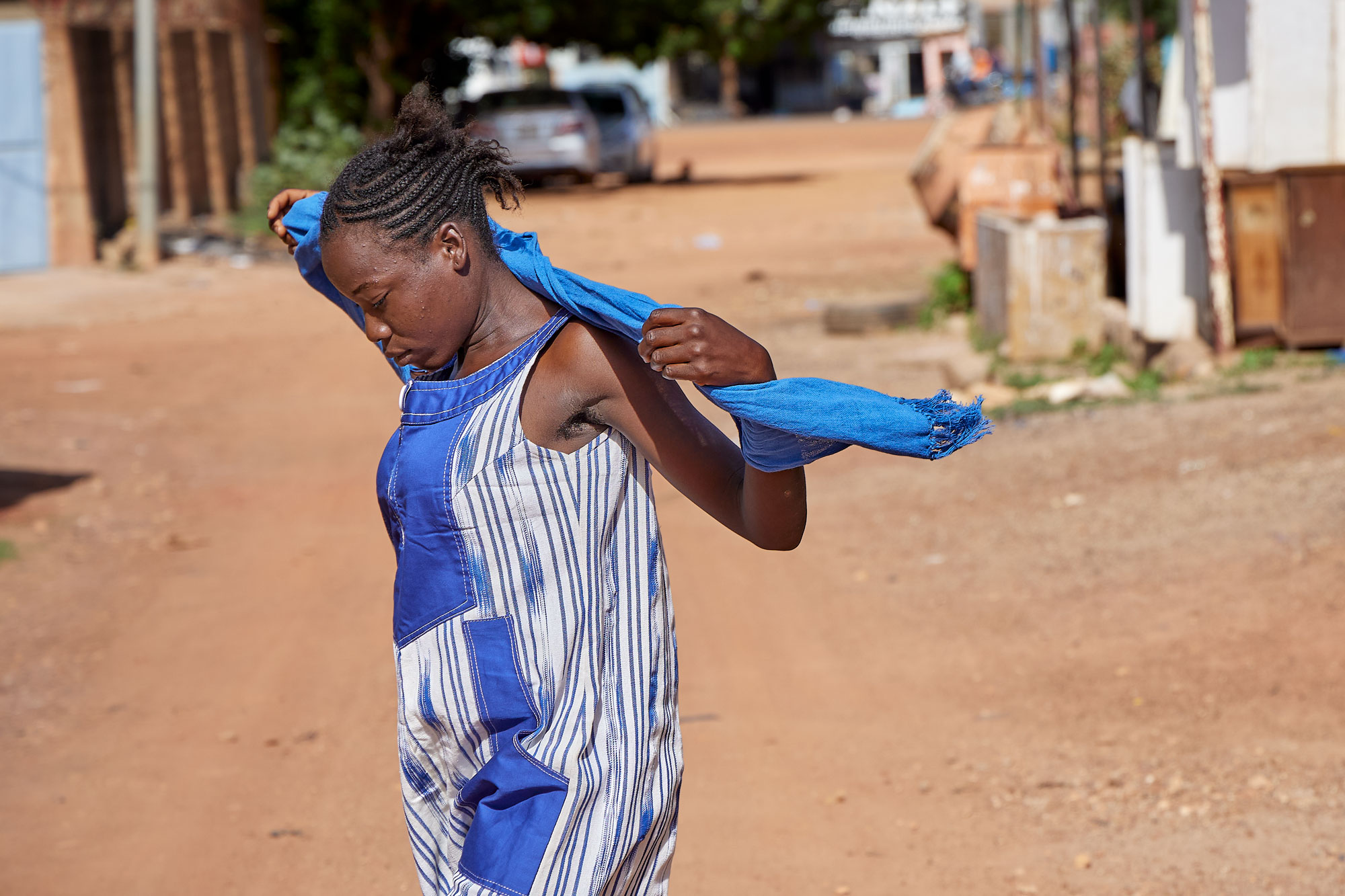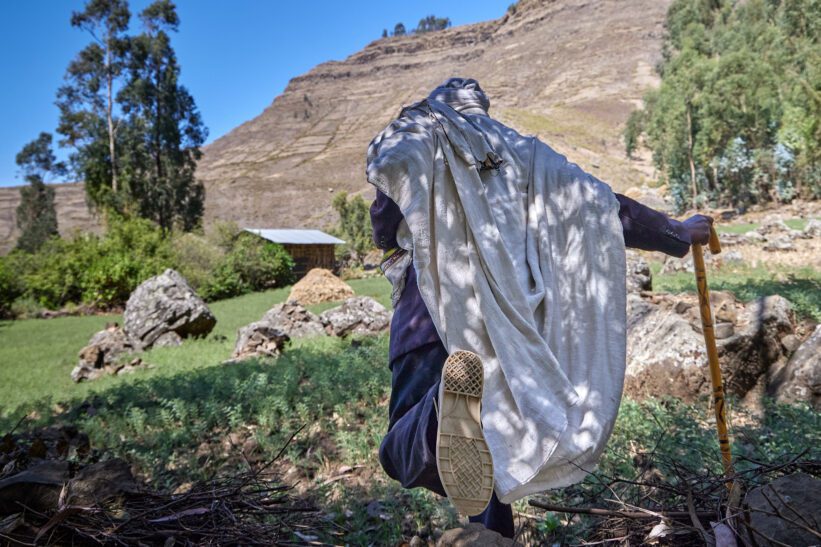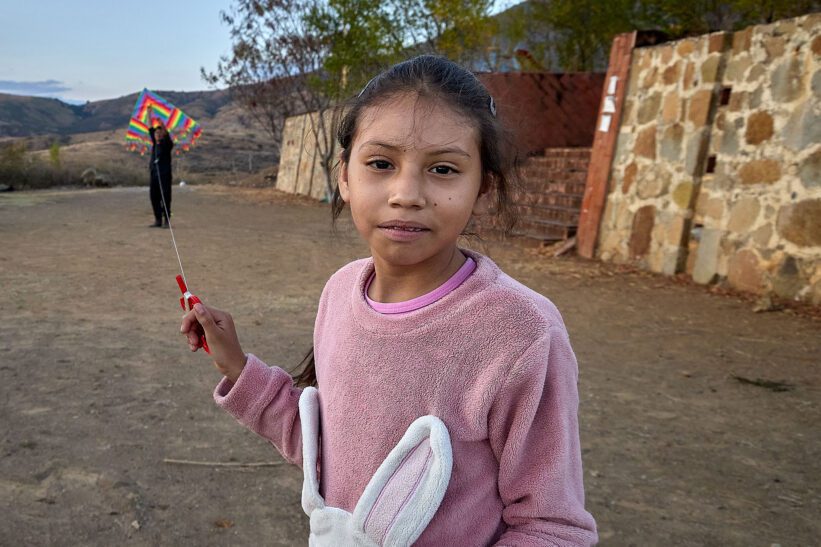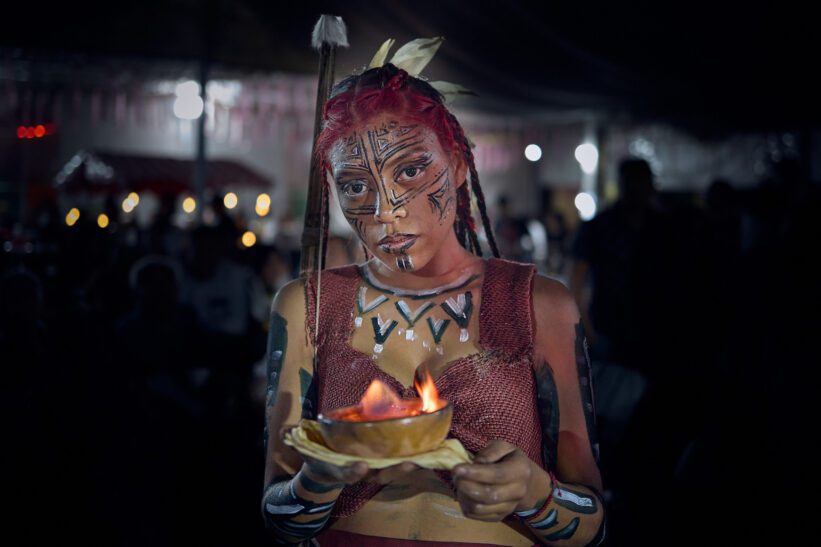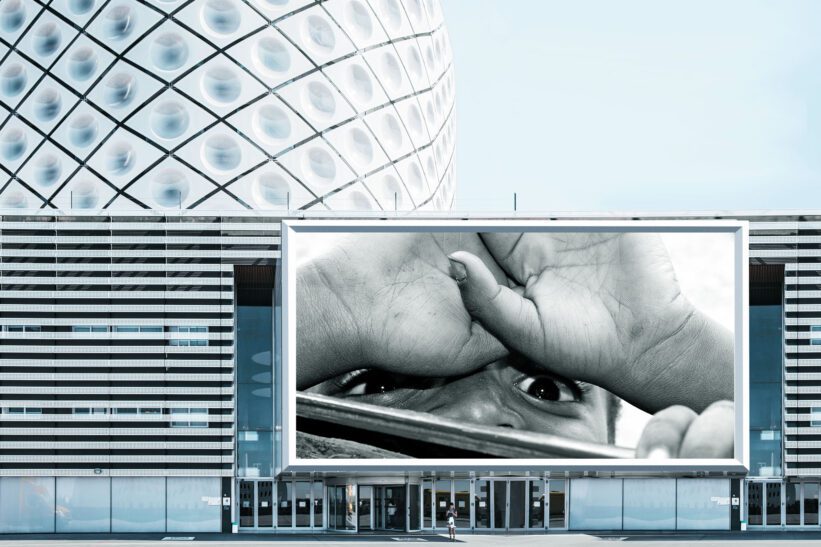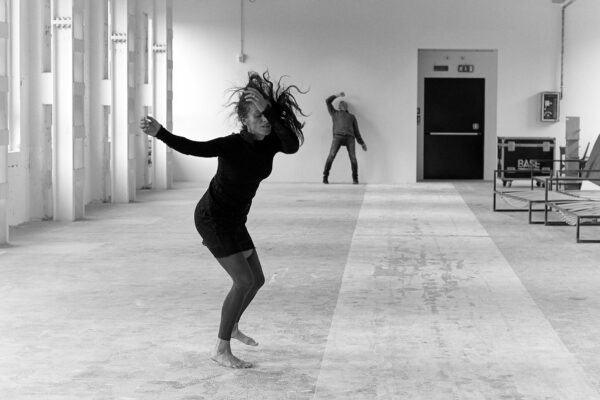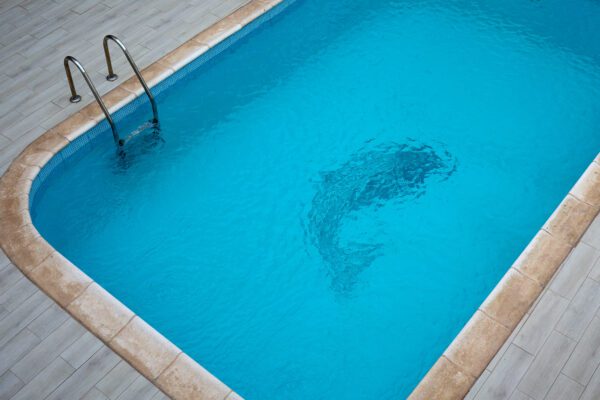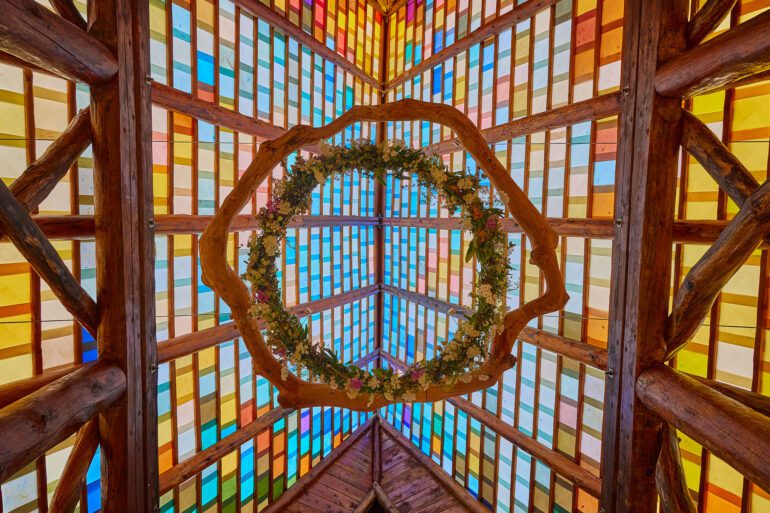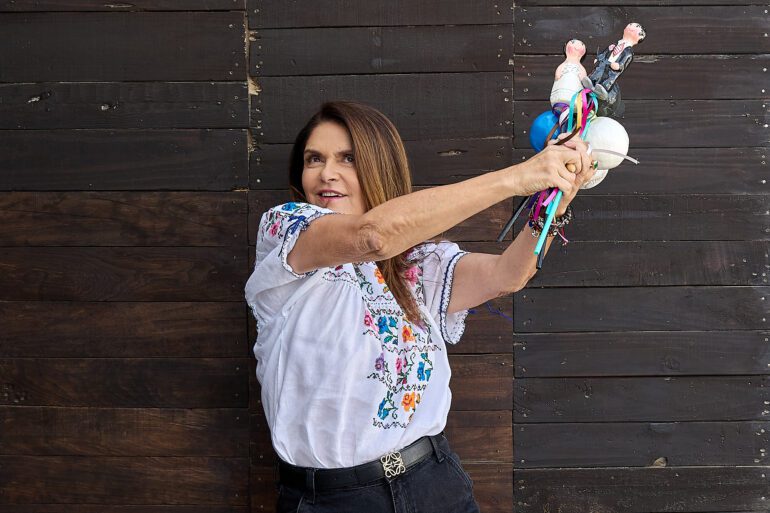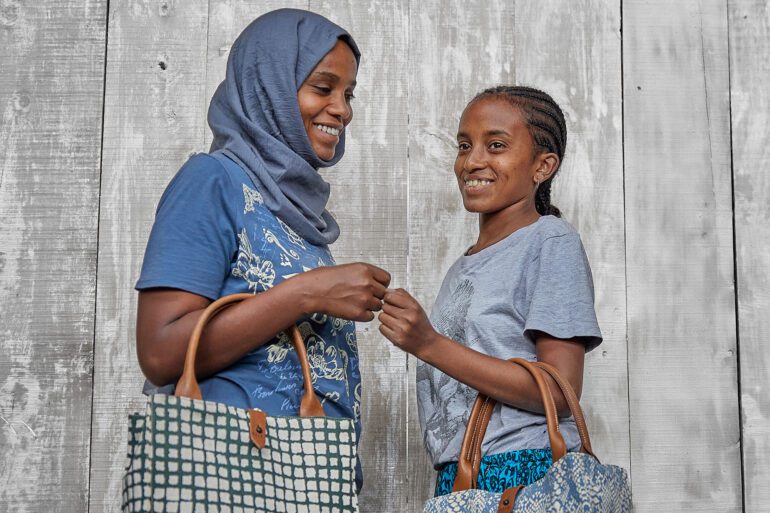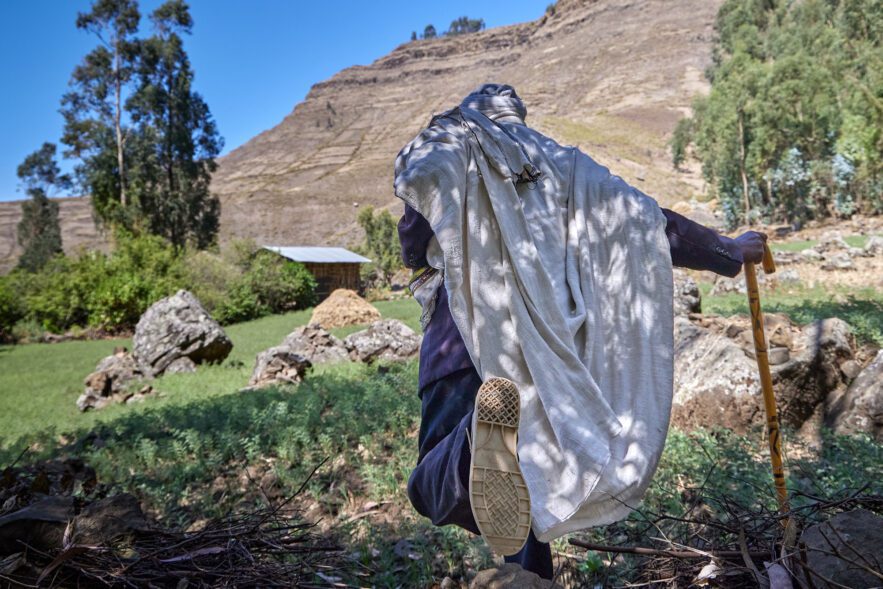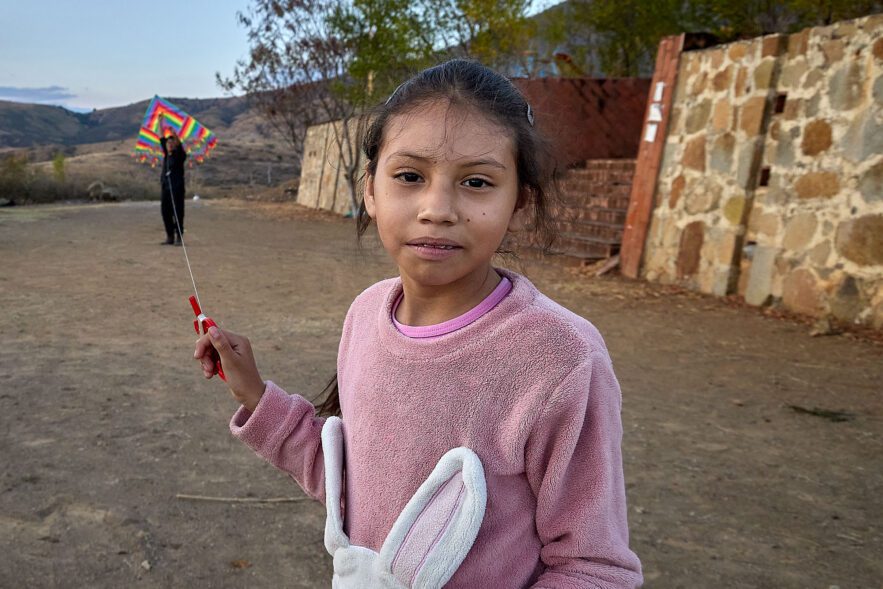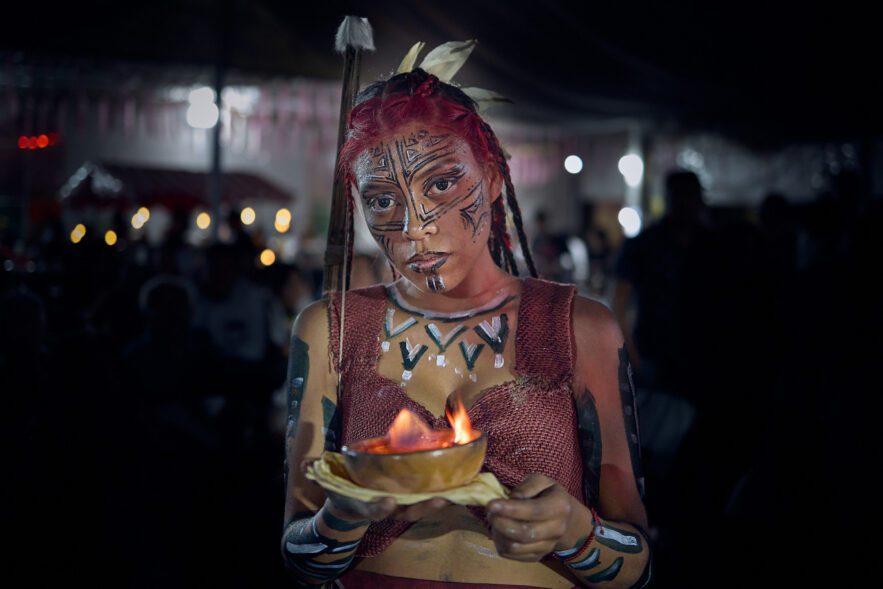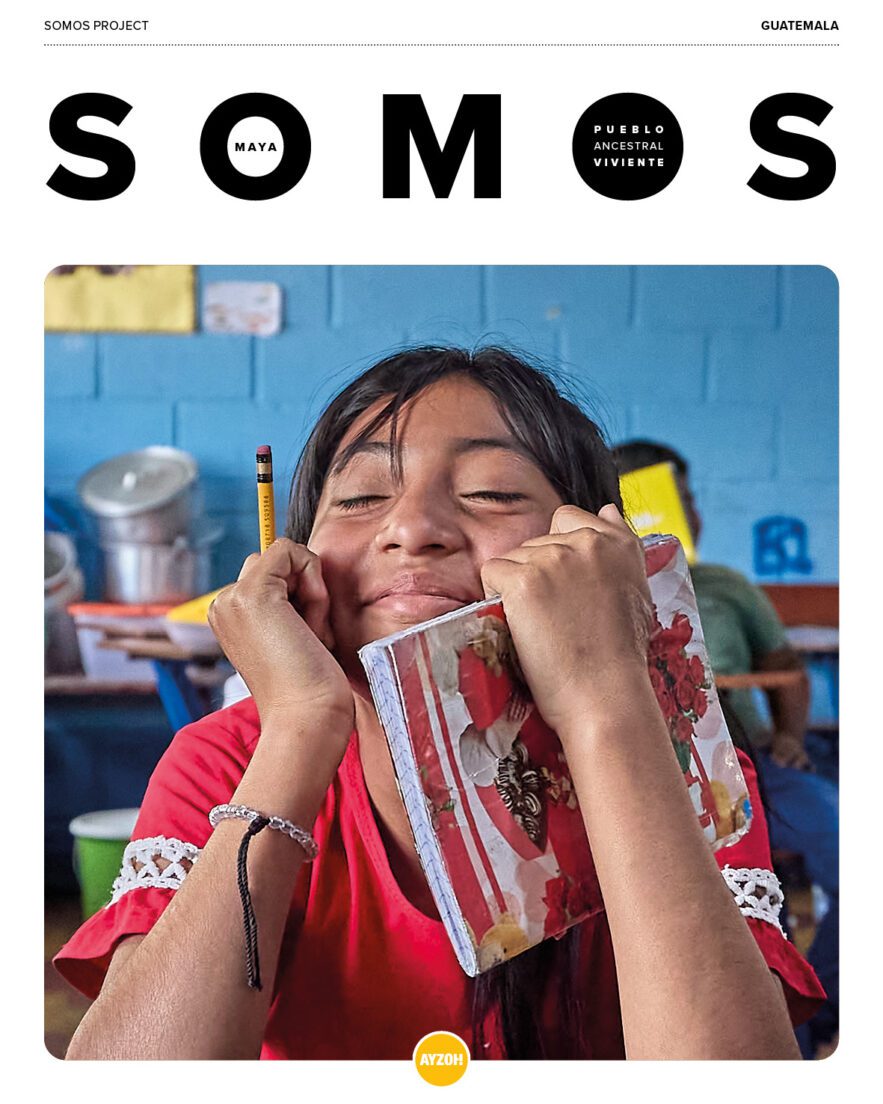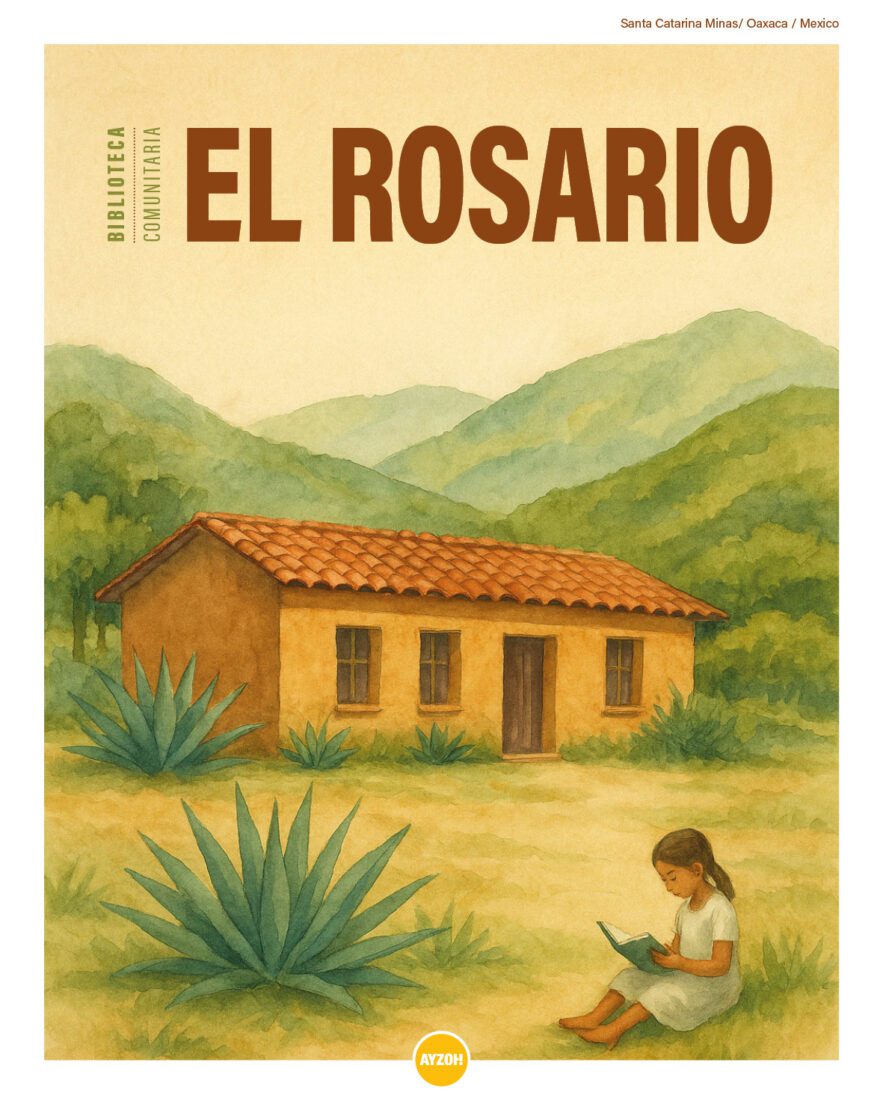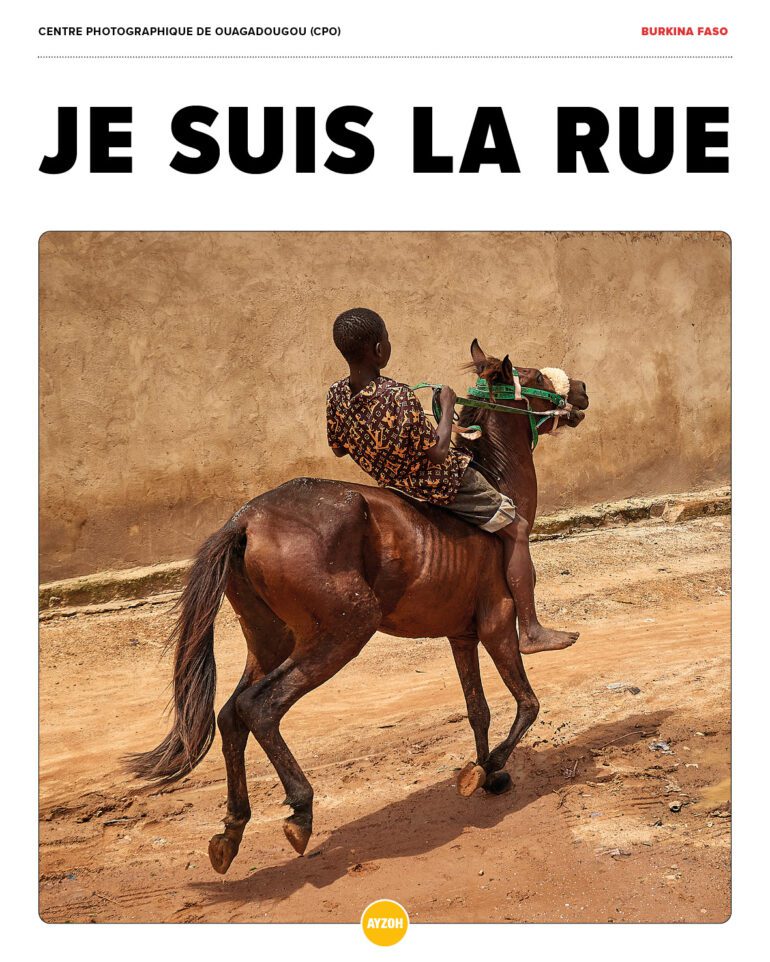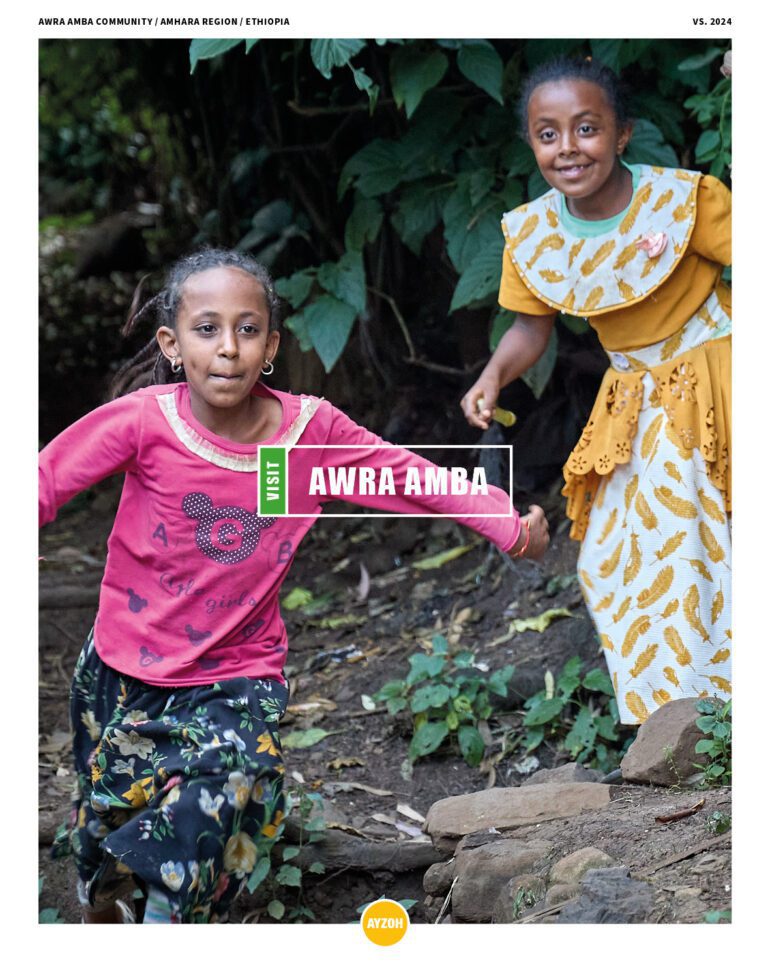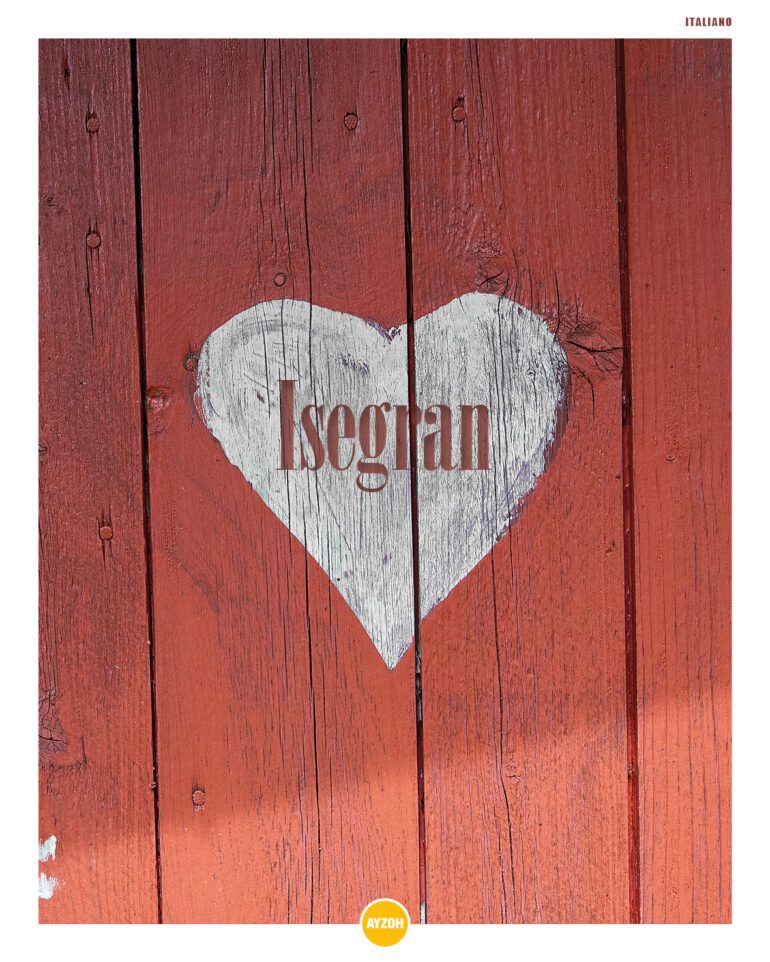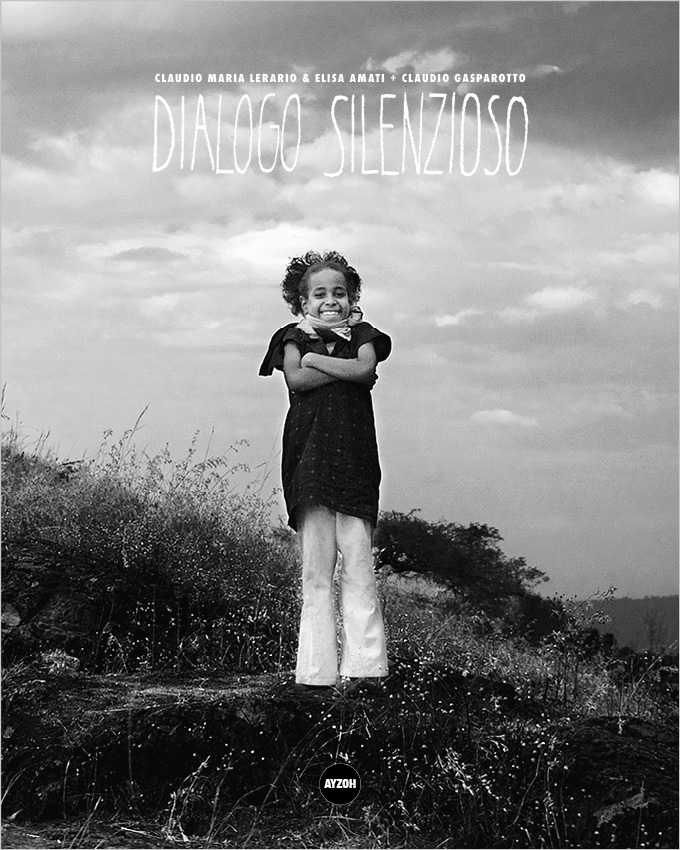Tissia was founded in Ouagadougou by sisters Alice and Veronique Ouedraogo, with a simple and radical vision: to create space for women to grow, earn, and lead. What began as a microcredit and literacy initiative has grown — thanks in part to support from Ayzoh! — into a textile cooperative where the thread is not only a material, but a path toward independence / read the book
In 2019, Tissia opened its first workshop in the city. More recently, it expanded into the savanna, establishing a second hub in the village of Yamba, about 40 kilometers from the capital. The goal: to offer meaningful, skilled work to women in rural areas who have often been excluded from formal employment.
Cotton, Reclaimed
In Burkina Faso, cotton is loaded with contradictions. It’s the country’s most important export crop—but its history is bound to exploitation, pollution, and colonial control. Women, who form much of the agricultural labor force, have paid the highest price: poor wages, precarious work, and little say in their own futures.
At Tissia, the narrative shifts. Cotton becomes a starting point—not for dependence, but for self-determination. Here, the cotton is grown without harmful chemicals. It’s processed, woven, and transformed within the community. Every step of the chain is handled by women who know the value of their labor and are paid accordingly.
Workshops of Possibility
The workshops in Ouagadougou and Yamba are more than workplaces. They are spaces of trust and growth. Women come to learn weaving and sewing. They also take part in programs on literacy, financial planning, and health. Knowledge is exchanged. Confidence grows. Futures begin to take shape.
There is no romanticism here. Just work done with skill and care. Every textile tells a story—not only of tradition and craftsmanship, but of choices made freely, together.
Woven Liberation
At Tissia, fabric becomes a political act. It shows that ethical production is possible, even in places where the odds are stacked against it.
It shows that when women lead, entire communities shift. It shows that sustainability is not a slogan—it’s a daily practice, rooted in soil, hands, and shared values. In every piece, there’s a quiet but powerful message: freedom can be woven—one thread at a time.

